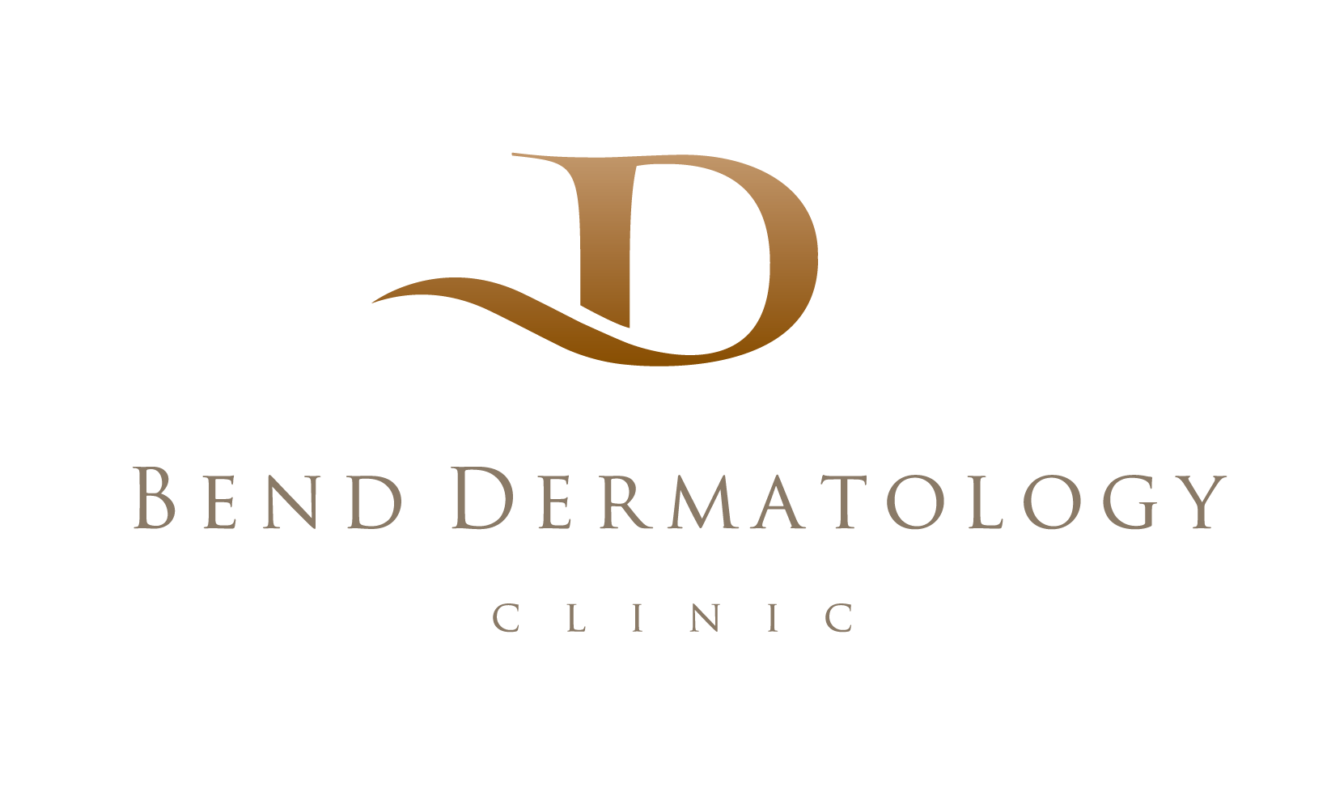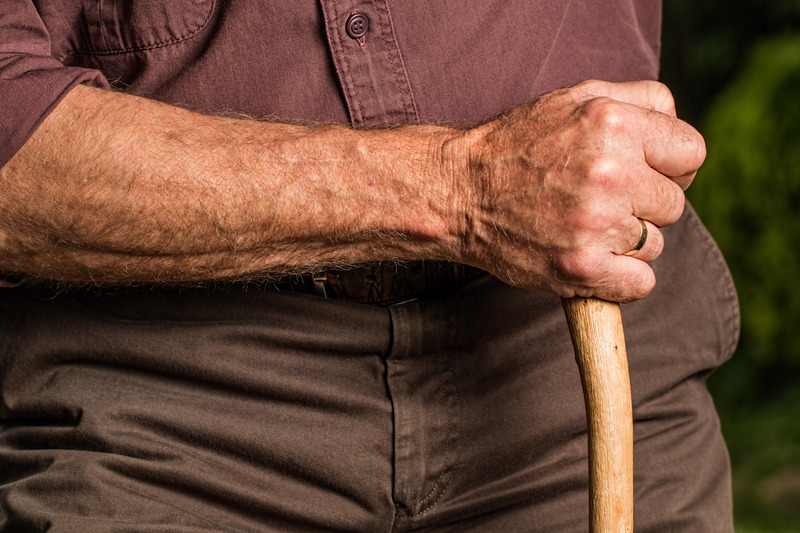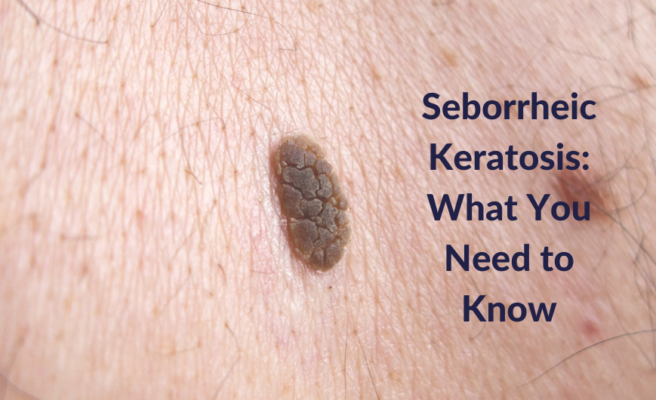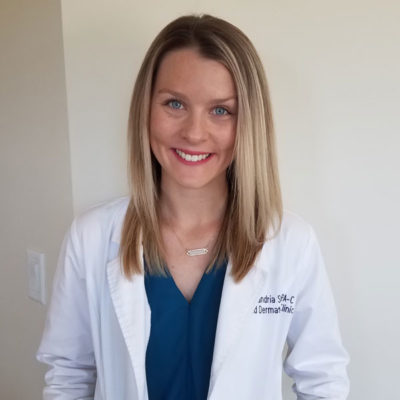Preventing Actinic Keratosis
AK’s form due to exposure to UV light over long periods of time, so prevention should be ongoing. Avoid tanning beds and regularly wear a broad-spectrum sunscreen and/or protective clothing if outdoors.
Actinic Keratosis Treatment
AKs may need to be treated as they can progress to squamous cell carcinoma. Bend Dermatology offers several options for the treatment of AKs, depending on a patient’s age, the number and size of lesions, the success of past treatments, and personal preference.
Breakdown of Actinic Keratosis Treatment Options
Options for treatment include: cryosurgery (freezing of the lesions), shave removal, scraping, laser surgery, chemical peels, and photodynamic therapy (PDT). There are also several medications available for the treatment of AKs, and treatment regimens may vary depending on the kind of medication prescribed.
Cryosurgery
Cryosurgery is the freezing (off) of unwanted tissue. Typically using liquid nitrogen, extremely low temperatures destroy the targeted areas.
Photodynamic Therapy
Photodynamic therapy involves a professional applying a light-sensitizing agent to the affected area of the skin. Once the skin is primed, a strong red or blue light is applied to the skin to destroy the cancer cells without damaging the surrounding healthy skin cells. After receiving photodynamic therapy, it is important to protect the sensitive treated area from sunlight or intense indoor light for up to six weeks after the procedure. Bend Dermatology provides AK treatments at its Central Oregon locations.Book an appointment to discuss treating your AK with a Bend Dermatology Board-Certified Dermatologist today.












